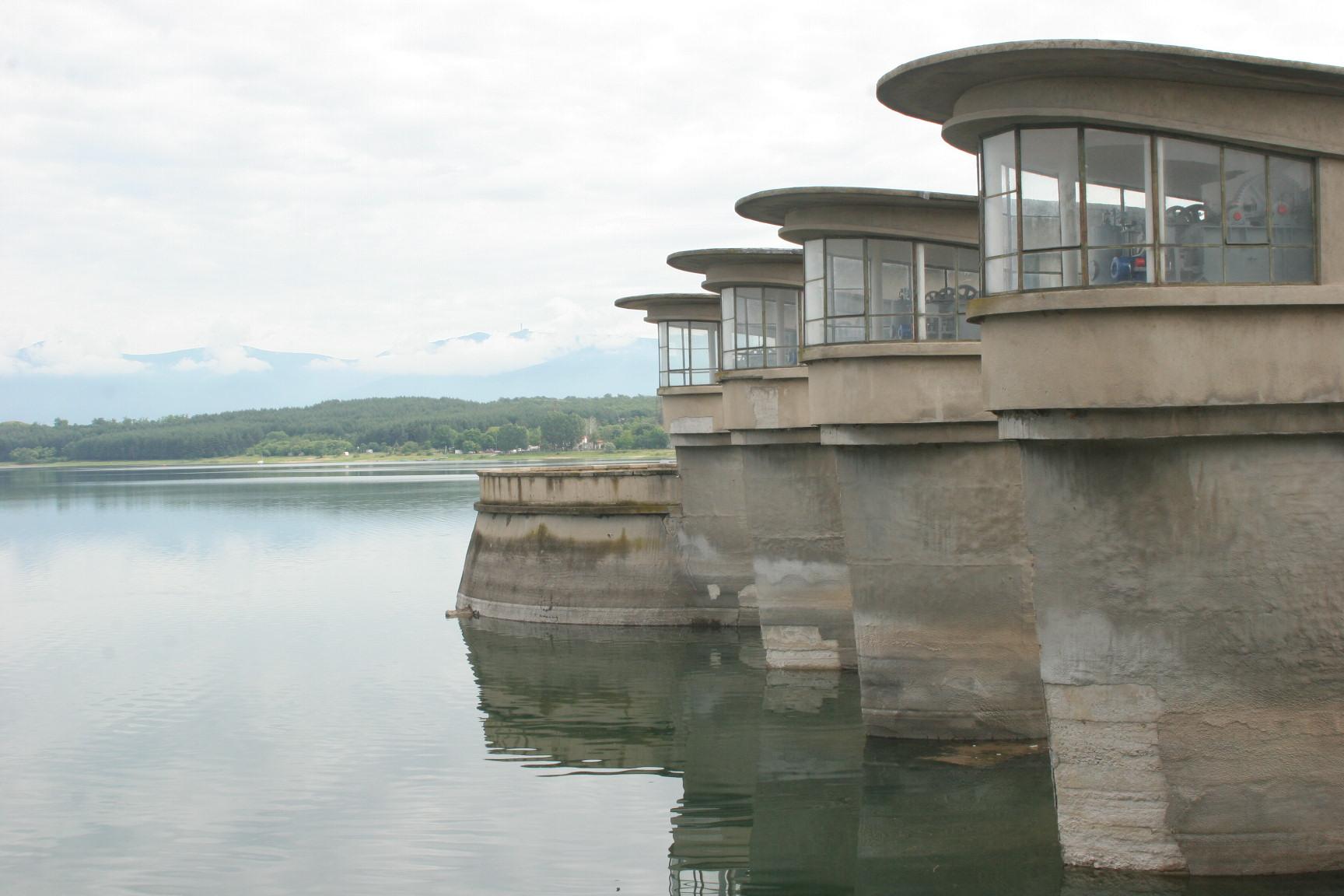The 20% raise demanded for the price of water in Sofia is water genocide, said Engineer Gancho Hitrov, chair of the National Committee for Water Supply Improvement in Bulgaria. In his words there are no economic reasons for such a thing and it will force at least 350,000 citizens to minimize their usage of the natural resource.
The Sofyiska Voda Company (Sofia Waters) has been trying to increase the price of water as of several years and its latest proposal is the most dramatic one. At the moment Sofia’s citizens pay EUR 0.88 per m3 and after the raise it will exceed EUR 1.
 “The water supply system of the capital city has many reserves that have to be used before the taking of such drastic measures,” the experts states. “In the 2014 – 2015 period Sofia was pressed by Sofyiska Voda to put up prices – 15% up over the first year and 7 – 9% through the next one. Then we reacted and thanks to the decisions of the municipal council and the Energy and Water Regulatory Commission the correction was avoided. As you can see, the preparation of such actions has been ongoing for a long time.”
“The water supply system of the capital city has many reserves that have to be used before the taking of such drastic measures,” the experts states. “In the 2014 – 2015 period Sofia was pressed by Sofyiska Voda to put up prices – 15% up over the first year and 7 – 9% through the next one. Then we reacted and thanks to the decisions of the municipal council and the Energy and Water Regulatory Commission the correction was avoided. As you can see, the preparation of such actions has been ongoing for a long time.”
If the concessionaire succeeds in its intentions, it means significant profits for the company.
“An increase of EUR 0.005 per m3 brings an annual profit of EUR 430,000 – 500,000. This means that those EUR 0.16 will result in EUR 16 – 17 mln. in additional profit for Sofyiska Voda. They claim that they have no funds for investments. However, the time of the large site issue comes now – the Beli Iskar Dam and the second phase of the repair works will cost several dozens of millions of euros.”
The company has set the ultimatum that it won’t do the repair works along the dam, if it doesn’t receive the increase demanded. At the same time the dam endangers the entire town of Samokov and the critical state of the facility was registered by experts three years ago. However, the concessionaire has been refusing any repair activities due to the lack of money. 25% of Sofia’s water comes from the Beli Iskar Dam.
The Bulgarian legislation says the price of water is admissible in case it doesn’t exceed 3.5% of a household’s monthly income. In case the new prices are adopted, 1/3 of the capital’s citizens will fall in the so-called social affordability. Thus major EU legislative principles will be violated, Engineer Hitrov says.
“One cannot demand the user’s funding in advance, i.e. to make them pay for services not delivered yet. Perhaps the water supply company has the right to insist on some increase of the price, but it has to be within sensible frames. The other operators across the country demand no more than 3 – 4% up and only at spots where large sums have been invested in water treatment plants…”
At the same time over 50% of the water is lost on its way from the source to the user.
“Losses of up to 65% have been registered. The concession contract says that in 2008 the losses should have been reduced to 32% and now they exceed 55%. If the contract had been complied with back then, one m3 would have cost now EUR 0.32…”
The concession of Sofyiska Voda was signed end-1999 for a period of 25 years with an option for 10 more. First a British, then a French company holds 77.1% of the company, while the rest belongs to the Sofia Municipality. Lots of alarms have been sent to the prosecution and the parliamentary committee on corruption, but those have all been silenced at a certain level, the expert says. Different appeals for the dissolution of the concession have been neglected due to different reasons. One of them is that the municipality will have to pay various penalties, claimed to reach even EUR 500,000 mln. and also eventual foreign investors might be pushed back.
English version: Zhivko Stanchev
Radmila Sekerinska from North Macedonia appointed NATO Deputy Secretary General NATO Secretary General Mark Rutte has appointed Radmila Sekerinska from North Macedonia as the next NATO Deputy Secretary General. “I am happy to announce..
The traditional Bulgarian Christmas picnic, organized by the Bulgarian Cultural and Social Association "Rodina - Sydney" and the Bulgarian School "Dr. Petar Beron", will take place on December 8 , 2024 in St. Leonards Park in Sydney. "We have..
The Bulgarian national minority in Albania is one of the largest in the country, according to data from the latest official population census. A total of 7,057 individuals identified as Bulgarians. For comparison, 23,000 people identified as Greeks,..
In the week of St. Andrew’s Day (also known as Bears’ Day or Mechkinden), WWF is drawing attention to six orphaned bear cubs who have been given a..
According to the Annual Report on the Health Status of Bulgarian Citizens for 2023, t he main cause of death in Bulgaria is diseases of the..

+359 2 9336 661
